T1D Guide
T1D Strong News
Personal Stories
Resources
T1D Misdiagnosis
T1D Early Detection
Research/Clinical Trials
Eric Moyal’s Project Insulin Seeks to Solve the Insulin Cost Crisis
Last year, 1.3 million U.S. adults rationed insulin due to cost. Globally, nearly half of the people with diabetes can’t afford it. In 2021, Eric Moyal founded Project Insulin to produce a generic version of insulin sold at cost, regardless of an individual’s insurance status.
.jpg)
The Hidden Economics of Insulin
When Banting, Best, and Collip patented insulin in 1923, they sold the patent to the University of Toronto for just $1 each, believing the life-saving drug should belong to humanity rather than be used for profit.
So, how did this century-old drug become so expensive?
In May 1922, the University of Toronto entered into an agreement with Eli Lilly & Co., granting it the exclusive rights to manufacture and distribute insulin in the U.S. and later allowing other pharmaceutical companies to license insulin production under certain terms.
Today, the three major pharmaceutical companies control about 90% of the world’s insulin supply.
- Eli Lilly (U.S.)
- Novo Nordisk (Denmark)
- Sanofi (France)
In a nutshell, insulin is inexpensive to produce, costing only $3 to $10 per vial. But by the time it reaches patients, the price is often hundreds of dollars, because it passes through a complex distribution chain. Drug manufacturers sell to wholesalers, who work with pharmacy benefit managers, insurance companies, and healthcare systems before the product ever reaches the pharmacy counter.
Each middleman gets a cut, yet the manufacturers still capture about 60% of the profits.
Behind the Price of Insulin: Big Pharma, Policy, and Profit
The modern insulins manufactured today (Humalog, Lantus and NovoLog) are insulin analogs, slightly modified forms of human insulin designed to improve absorption and provide more stable blood glucose control.
Humulin (the first genetically engineered human insulin) was FDA-approved in 1982, with other insulin analogs (Humalog, Lantus and NovoLog) approved in the 1990s and early 2000s. As their patents expired in the 2010s, it opened the door for biosimilar (generic) versions.
Typically, prices drop due to competition from generics, but insulin prices never fell because the manufacturers created new patents on analogs and delivery devices (pens, pumps, automated insulin delivery (AID) systems) to protect their products long after insulin became off-patent.
Today, insulin biosimilars face market share and manufacturing barriers, but a few entities are attempting to overcome them; however, it isn’t easy.
Enter Eric Moyal and Project Insulin
Eric Moyal’s Backstory
Eric Moyal is the founder and executive director of Project Insulin, a nonprofit pharmaceutical company dedicated to making insulin affordable for those who struggle with the current pricing structures. His mission is to develop and distribute generic insulin at cost, regardless of a patient’s insurance status.
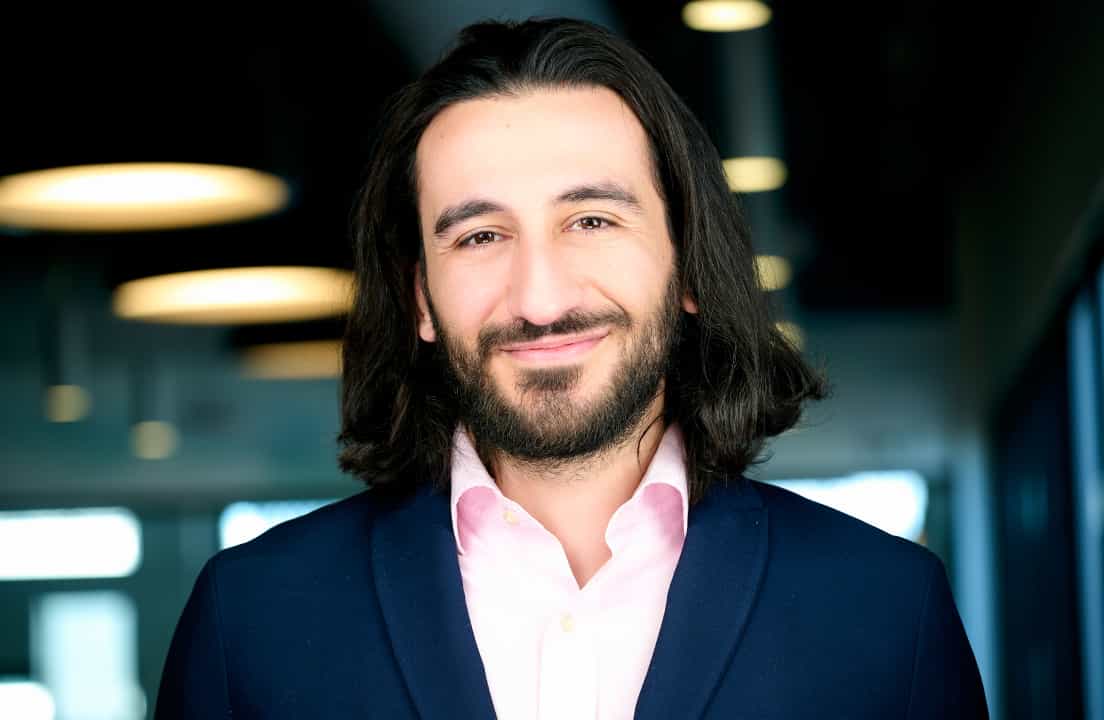
Moyal initially wanted to get into sports management, but began honing his skills as a fundraiser after his younger sister was hit by a car while biking. After the accident, she developed two rare chronic illnesses (thoracic outlet syndrome (TOS) and complex regional pain syndrome (CRPS), which left her in excruciating pain.
Moyal saw firsthand how debilitating a chronic illness can be and the obstacles within the healthcare system. If his sister had been diagnosed earlier, it might have eased her long-term pain levels.
He decided to raise money and awareness so that no one else would suffer as she did. In 2019, he created the Ride for Warriors and biked 1,700 miles from Medford, Massachusetts, to Miami, Florida. His campaign raised over $6,000. Additionally, Moyal hosted a TEDx talk in 2020 on how to be a better ally to individuals with chronic illnesses.
“Having someone with a chronic illness in the family really did prime me to want to do something in healthcare,” Moyal said. “To do something where fundraising can be the mechanism for change.”
His fundraising efforts with Project Insulin earned him the BOLD Rising Star award from his alma mater, Brandeis University, where he graduated with a Master of Science in Strategic Analytics, a Master of Arts in International Economics and Finance, and a Bachelor of Arts in Business. He also worked for the university as its Assistant Director of Direct Marketing and Participation, where he helped coordinate multiple Giving Tuesday campaigns that raised over $1 million each.
Moyal’s Path to T1D Advocacy
Moyal began looking for an opportunity in healthcare and chronic illnesses through the lens of fundraising. His partner has type 1 diabetes (T1D), and he learned how expensive insulin is.
“I realized insulin affordability wasn’t a science problem; it was a money problem. A problem that could be solved by raising the money and then hiring a team to do the drug development for us.”
What he thought was a simple concept proved to be much more challenging. “It’s not easy. It takes a lot of time to get through the regulatory process,” he said. “We started four years ago, and we just recently hired our chief scientific officer. It took four years to just get to the starting line.”
Though it’s taken longer than hoped, it’s something Moyal feels passionately about. “I started Project Insulin to challenge the assumption that lifesaving drugs must be produced for profit.”
Moyal delivered his second TEDx talk titled “The Potential of Non-profit Drugs” in 2025, discussing how nonprofits can play a pivotal role in transforming drug costs.
“With a background in fundraising, public interest work, and chronic illness advocacy, I bring a systems-level perspective to drug affordability, and believe nonprofits have the power to disrupt the current pharma model,” said Moyal.
Timing is Everything
One difference between those who’ve tried to produce generic insulin in the past is that the FDA has introduced an expedited regulatory pathway. “So getting it to market and getting it through the clinical process is cheaper now than it was five, 10 years ago.”
“The patent expired in 2015, and the Biden administration made insulin affordability a national issue,” Moyal added. “That’s when we started, so the momentum was already building. As a nonprofit, we don’t have to abide by the same rules. We don’t have to maximize profit.”
The timing works for them, too, as the drug manufacturers are moving toward making GLP-1 drugs.
Launching Project Insulin
Moyal founded Project Insulin in 2021. The organization is developing a biosimilar (generic) version of insulin glargine (the long-acting Lantus), which will be sold directly to patients at cost through its own mail-order pharmacy, thereby bypassing traditional intermediaries such as pharmacy benefit managers and wholesalers.
“The drug development, which will involve creating our strain of insulin, is scheduled to begin this year and will then progress into our pre-clinical trials in 2026 and 2027. And then, in 2028, we hope to submit our pre-clinical work to the FDA…All of this, of course, depends on how quickly we can raise funds.”
Moyal decided on the generic for Lantus as most people use it. “Our goal is to help the uninsured and underinsured populations.”
Project Insulin is preparing to begin drug development. They recently hired a chief scientific officer to oversee the strain development, and they will collaborate with a contract development and manufacturing organization (CDMO) to design and manufacture the insulin. They are also engaging with local insurers to facilitate the distribution of their insulin.
“It’s a much leaner operation, we’ll own the insulin, but third parties will build it for us. We’re outsourcing the drug development to contract research organizations, so instead of building a plant and hiring a team and getting all of the equipment, we’re hiring a third party to make the insulin for us and help us move through the drug development process.”
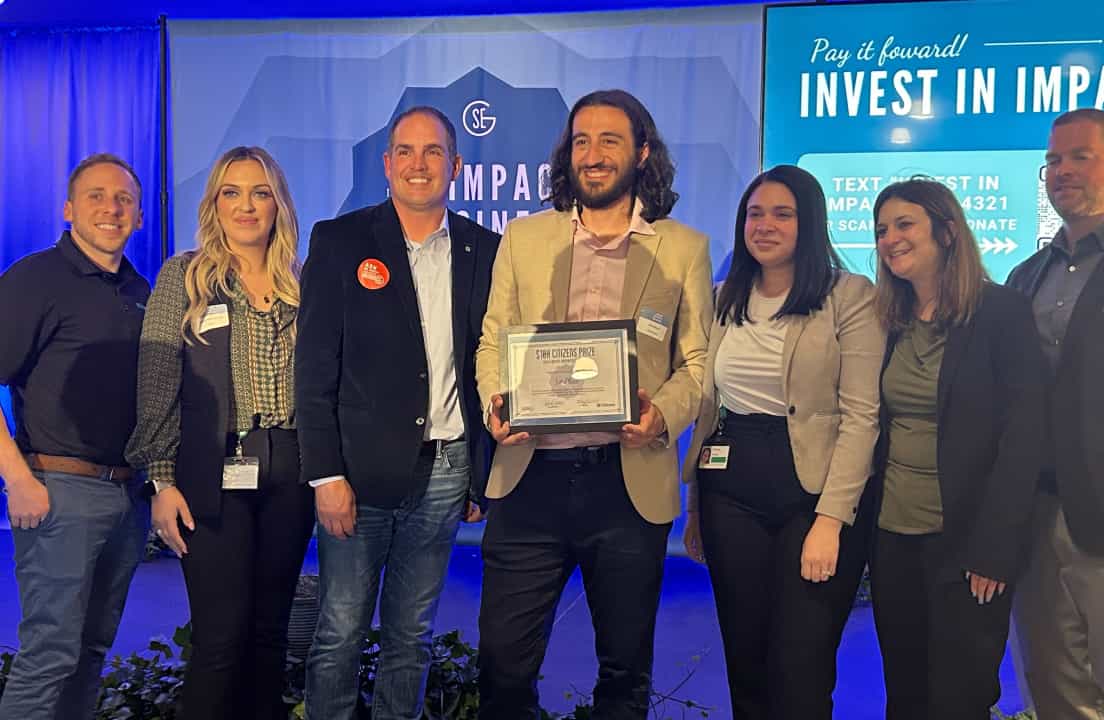
Part of a Growing Movement
Moyal is not alone in the push for generic insulin. Several entities are advancing efforts to develop more affordable, generic insulin. The nonprofit Civica Rx, along with another grassroots organization called The Open Insulin Project, as well as a few for-profit biotech startups, including rBIO and Viatris, are pursuing biosimilars as part of their business.
Moyal said he’s had a few conversations with Civica. “Civica is licensing their insulin from a third-party company out of India, so they have the licensing manufacturing rights in the U.S., and they’ve built a plant in Virginia. Making insulin affordable for everyone isn’t something that can be done by a single company. We need competition in the market to ensure the price stays low in the long run.”
Project Insulin Organizational Structure and Timeline
Moyal said they are still in the early stages of development. “Creating and distributing our insulin is still a five to eight-year process because of the FDA approval process.”
The biggest learning curve was learning about drug development. “Since my background is in fundraising and not science, the first two years were spent learning about insulin, the molecule, and how to make it, and what the regulatory process is, why it’s hard, why it’s expensive, who the players are, and what equipment you need.”
Project Insulin has recently hired Dr. Allison Ortigosa as its Chief Scientific Officer to lead the drug development. They have established a board of directors and a Scientific Advisory Board. The next step is to establish a general advising board and increase the number of volunteers.
Fundraising & Advocacy
Project Insulin aims to raise $1,000,000 to initiate testing and development of its biosimilar insulin. Its goal is to create, manufacture, and distribute biosimilar insulin, eliminating middle organizations that contribute to the final cost and redirecting savings back into patients’ pockets.
This seems like a small drop in the bucket, considering the United States spends $14 billion annually on insulin.
Moyal said they’ve raised $330,000, most of which was raised in the last two years. “It’s been enough to start the drug development and hire the team. Now we’re trying to raise $1 million to keep our team staffed, and move forward with our pre-clinical work.”
Fundraising never stops in a nonprofit.
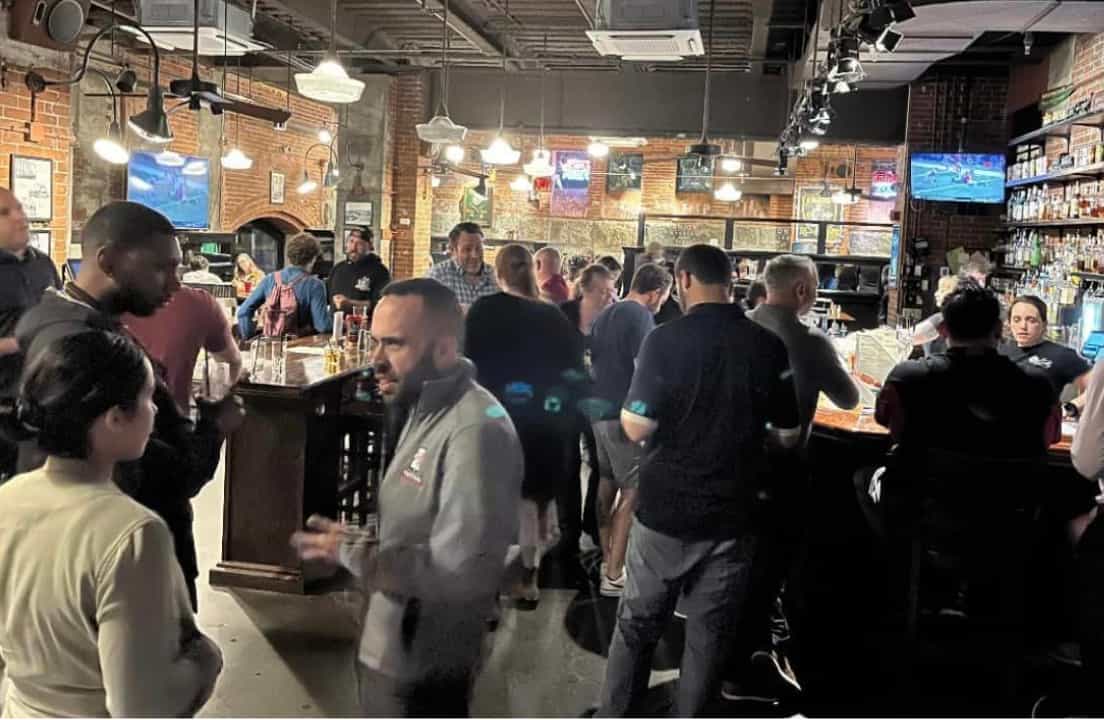
“We’re building our donation pipeline. You have to build that infrastructure first, establish those relationships, and build trust with potential donors. So, it’s been a slower process than I hoped, but we’re building momentum. We’re moving forward in a tangible way.”
Moyal recently attended the BIO International Convention in Boston and hopes to attend the American Diabetes Association (ADA) Scientific Sessions in 2026. “We plan to be more engaged in the diabetes community.”
Transparency in Fundraising
For the first two years, Moyal worked full-time elsewhere, but knowing he would eventually leave, he set aside savings to concentrate on Project Insulin. “As of November 2024, I’ve been full-time with Project Insulin, thanks to a donor who believes in me and our mission.”
Moyal has done a few social media updates and newsletters, but wants to wait for the major developments to report.
“We try to stay as transparent as possible, but we don’t want to overload people with information that isn’t important. Our updates aren’t always all that interesting, and we want to make sure that when you receive an email from us or see a social media post, it’s because we have something important to say.”
Access to Affordable Insulin is Still Critical
Despite government claims to make insulin affordable for all, the problem persists. Moyal said they receive emails and posts from people in need of insulin, people who’ve lost jobs or just got off their parents’ insurance plan. “It’s heartbreaking because there’s nothing we can do as an organization to help them yet, but we try to share their information with people we know who may be able to help in the interim.”
Project Insulin launched a podcast to share these types of stories, but has paused the broadcast series to focus on other initiatives. Visit their YouTube channel to view existing episodes.
How Can People Get Involved?
“The next big step is scaling operations,” said Moyal. “We have a constant stream of people reaching out to help. We hope to hire an operations manager to support the volunteers. Right now, we’re looking for donations, but also looking for volunteer help in the following areas:
- Google Ads Execution
- Communications Writer
- Operations
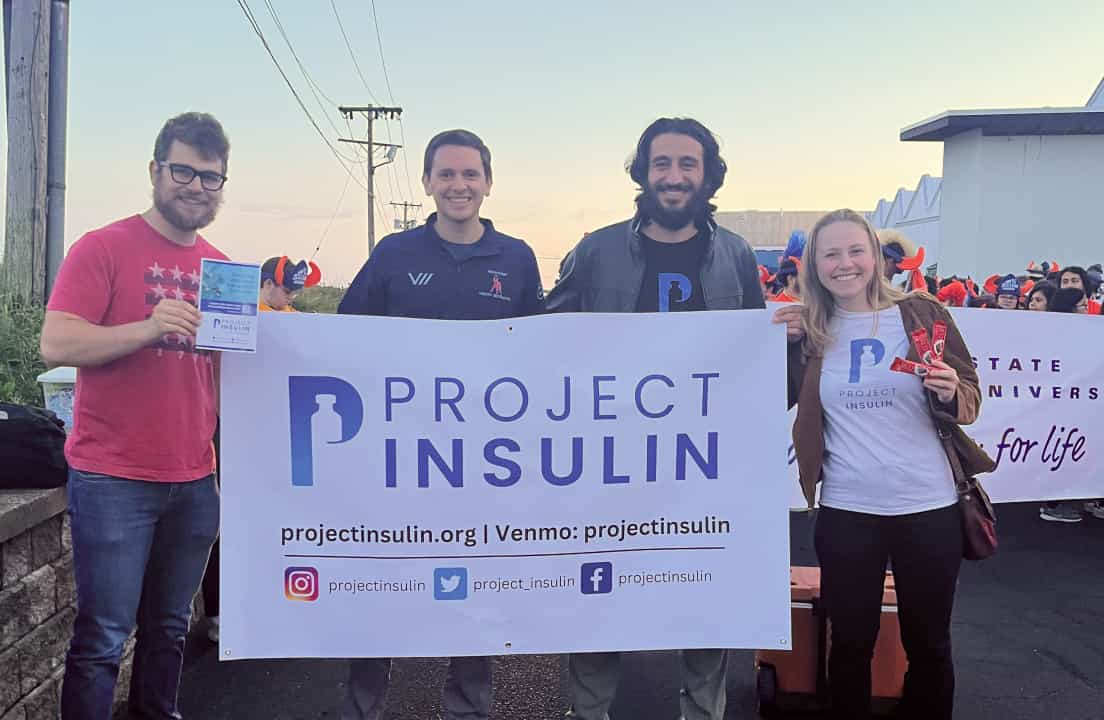
Moyal added, “If you’re interested in getting involved, we’d love for you to host a fundraising event locally, a bingo or bowling event—fun events that allow us an opportunity to connect with a whole new set of people.”
Affordable Insulin: The Fight Isn’t Over
Making insulin affordable for all is a radical thought, but it shouldn’t be. Moyal is one of the few who is bringing his vision to life. “Insulin is the sixth most expensive liquid on earth,” he said. “We plan to charge between $20-$30 without insurance per vial.”
One in four healthcare dollars is spent on diabetes in the U.S. “Diabetes related complications are a major reason for this,” said Moyal.
For more information or to support Project Insulin’s mission, you can visit their official website at projectinsulin.org. And follow them on social media.


.webp)





.webp)
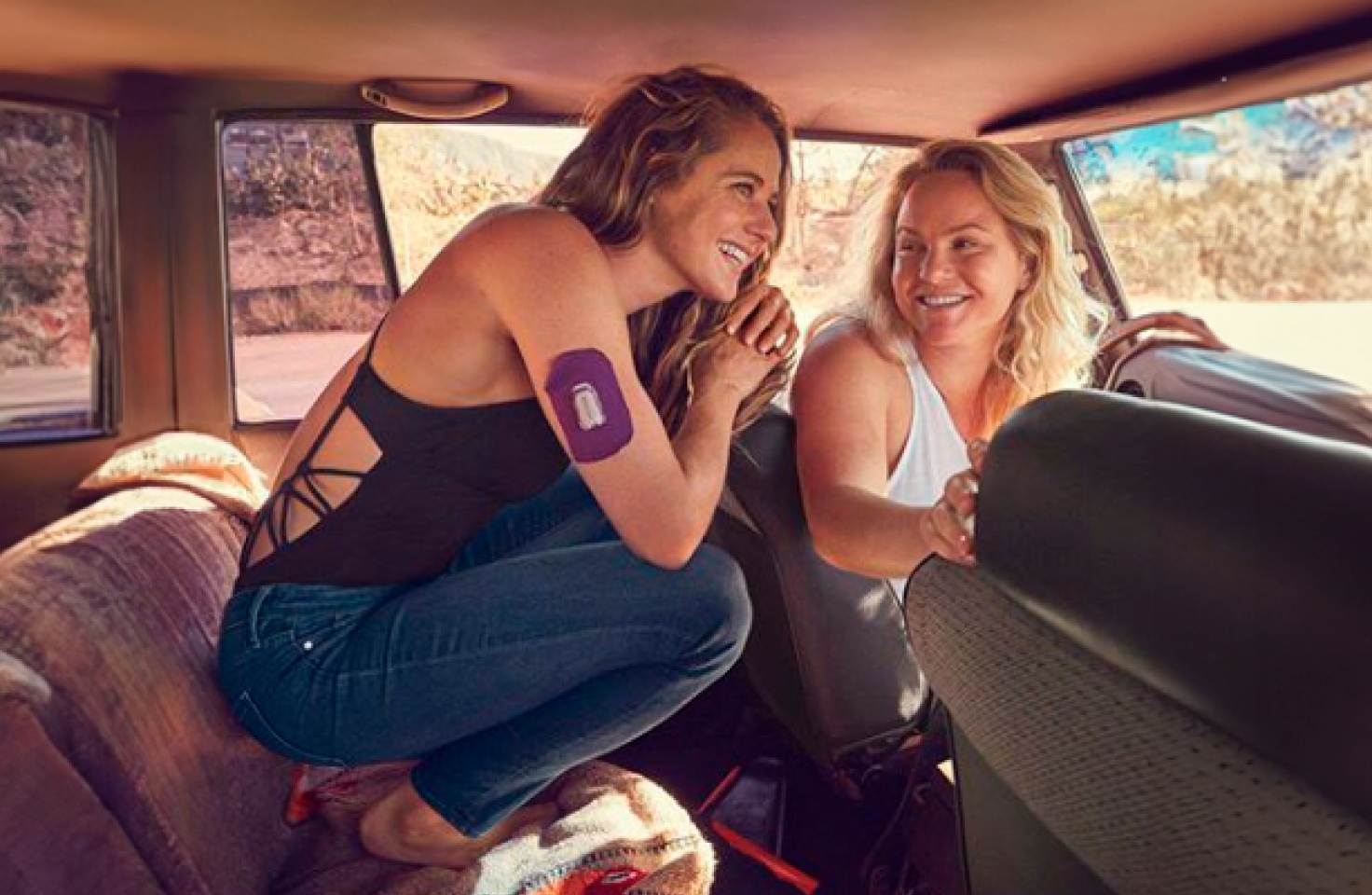
.jpeg)
.jpg)

.jpg)
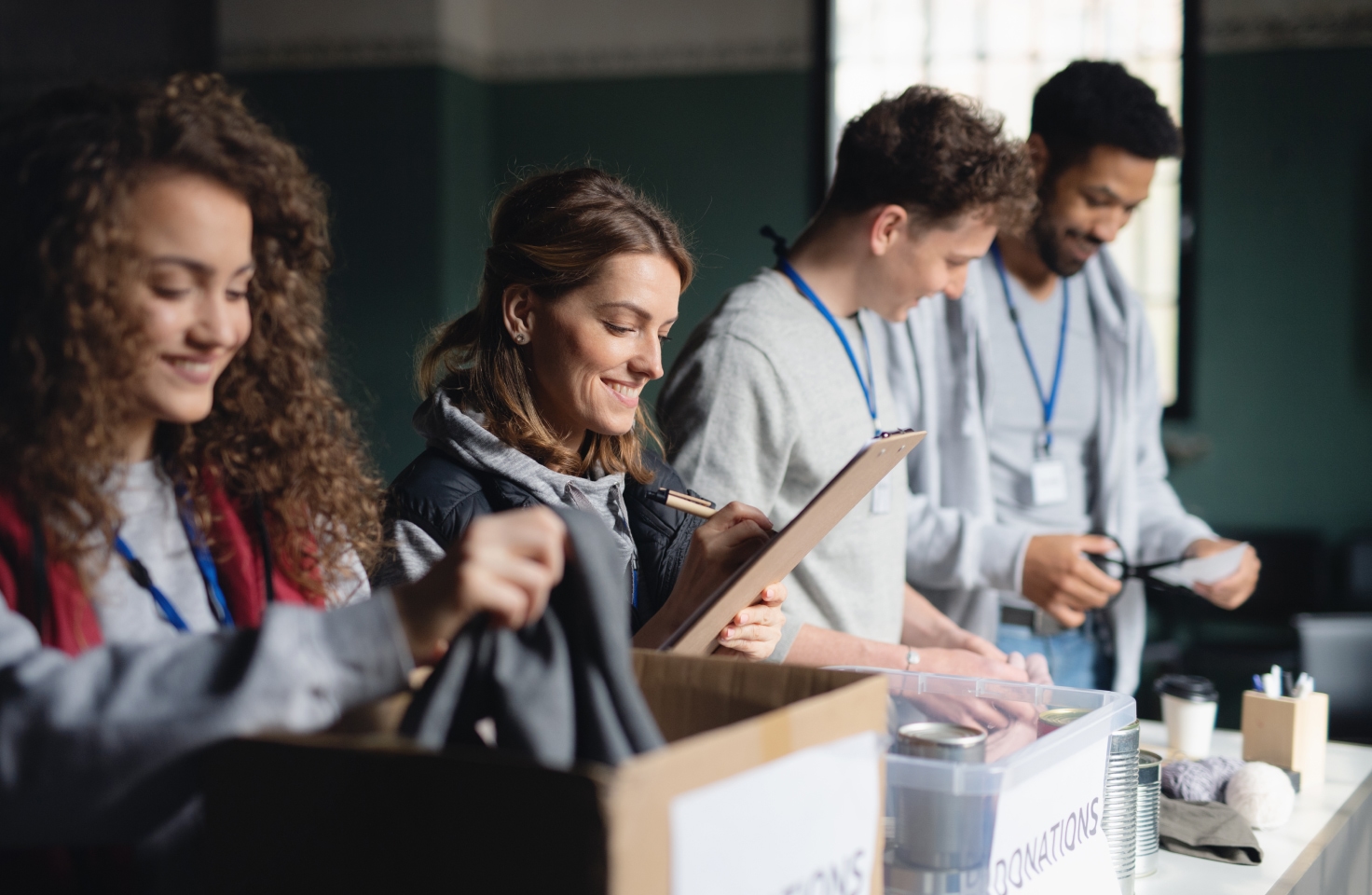
.jpg)
.jpg)

.jpg)
.jpg)

.jpg)

.jpg)
.jpg)

.jpg)
.jpg)
.jpg)
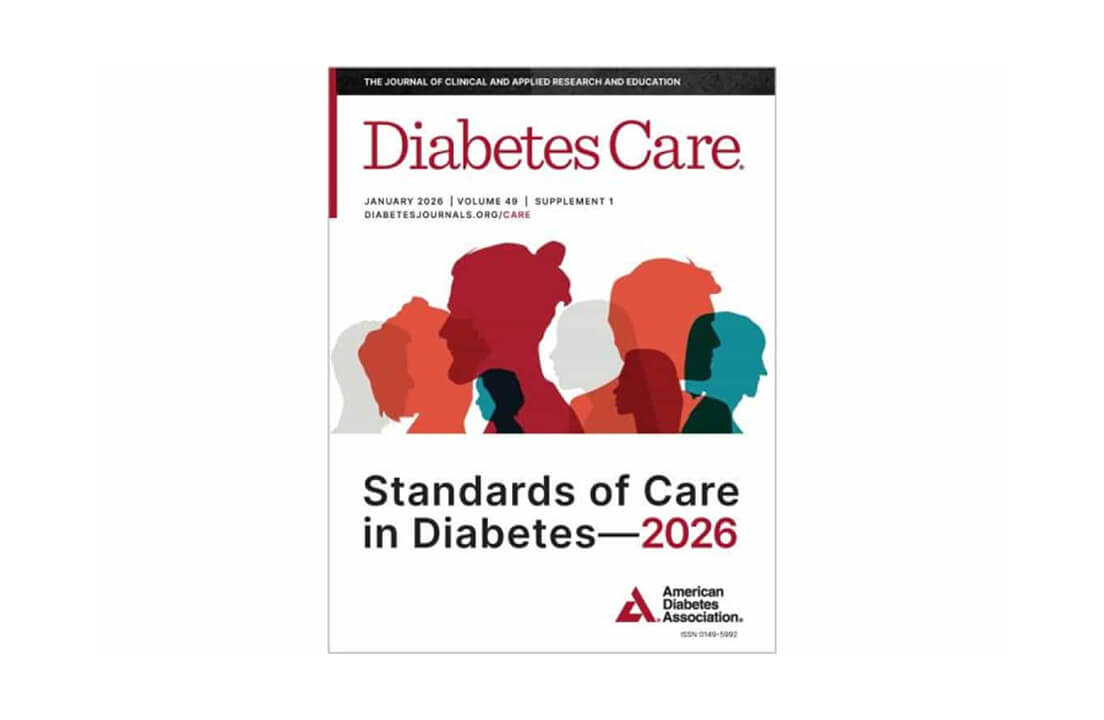
.jpg)
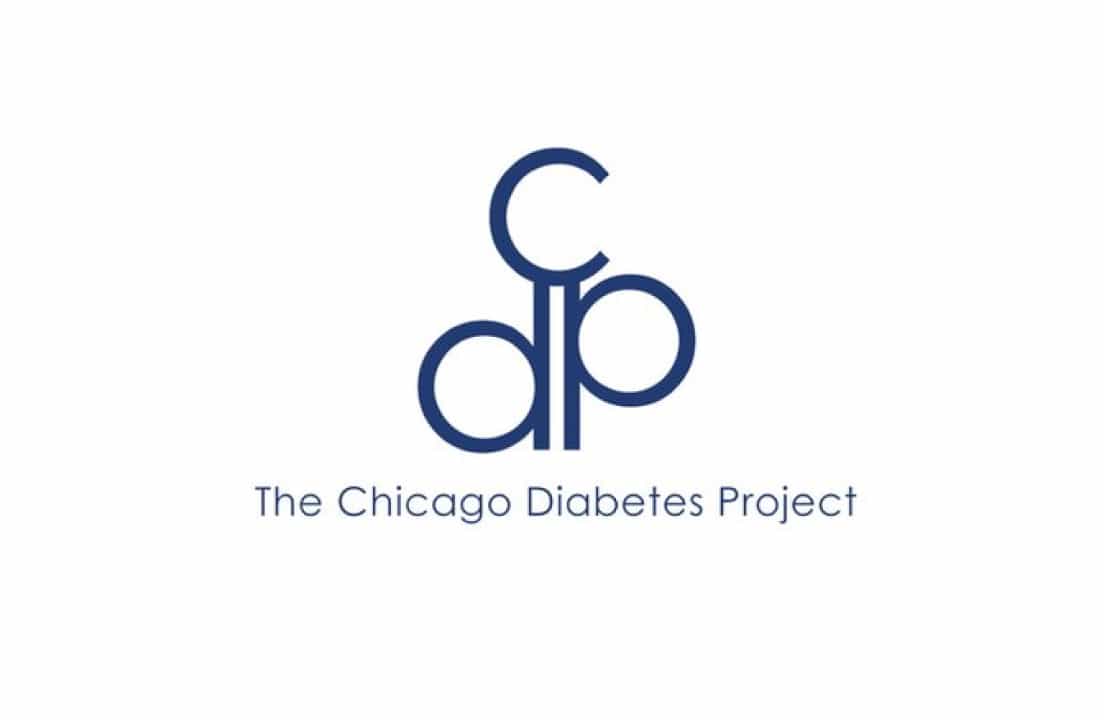
.jpg)
.jpg)
.jpg)
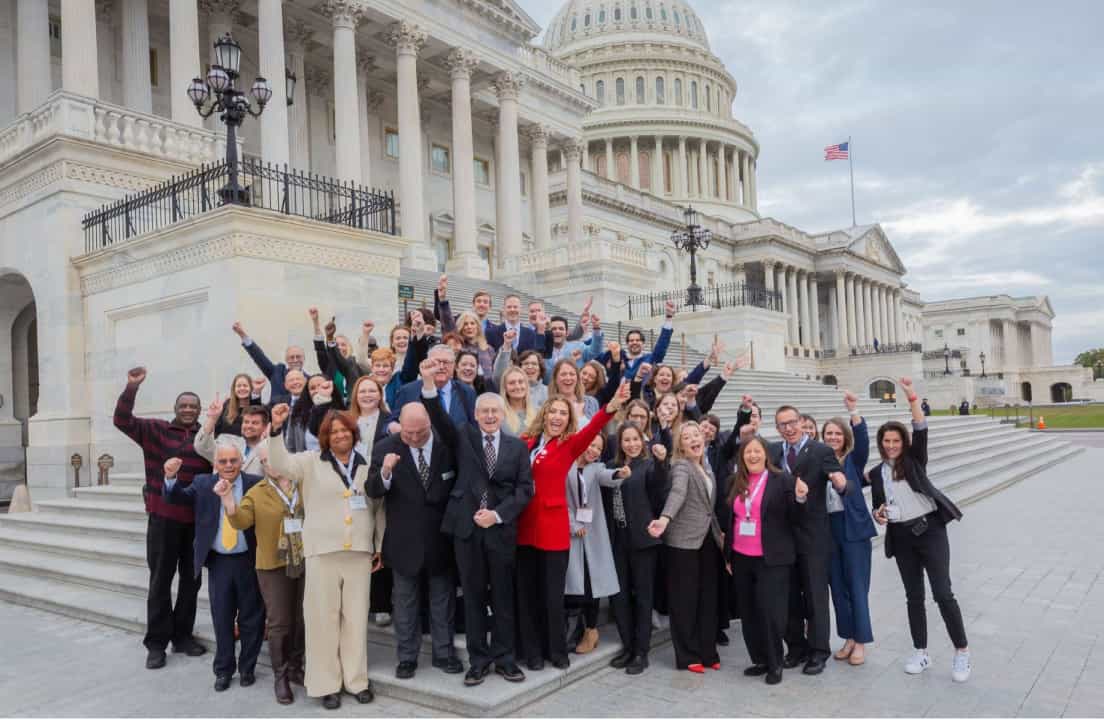

.jpg)

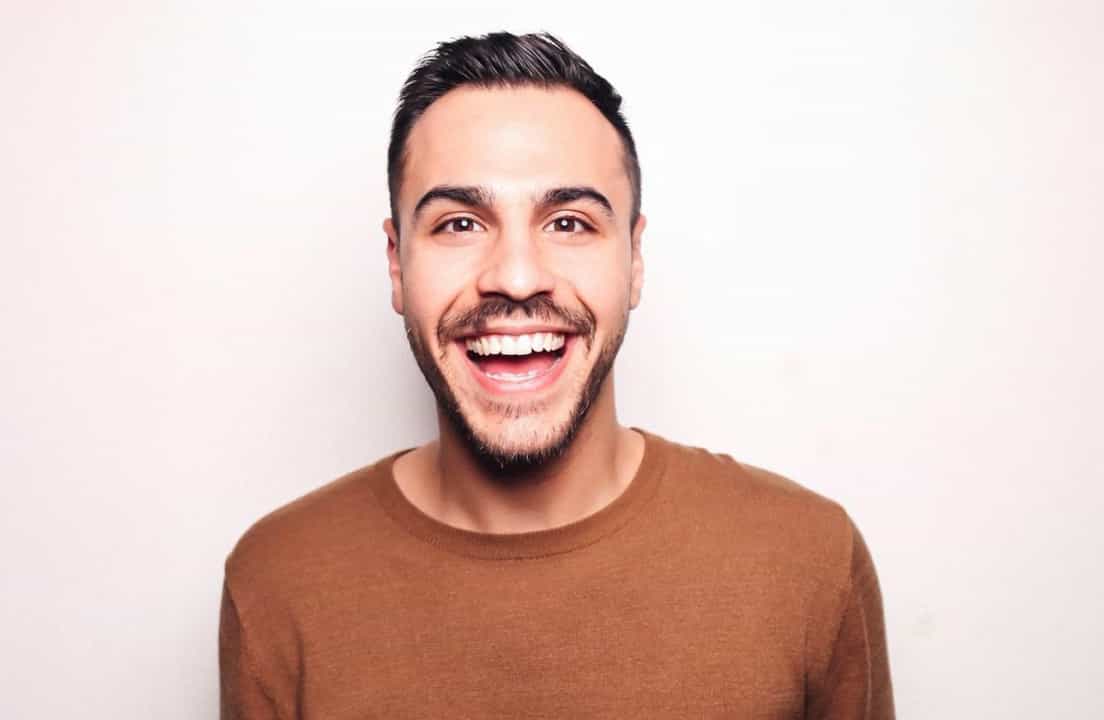
.jpg)
.jpg)
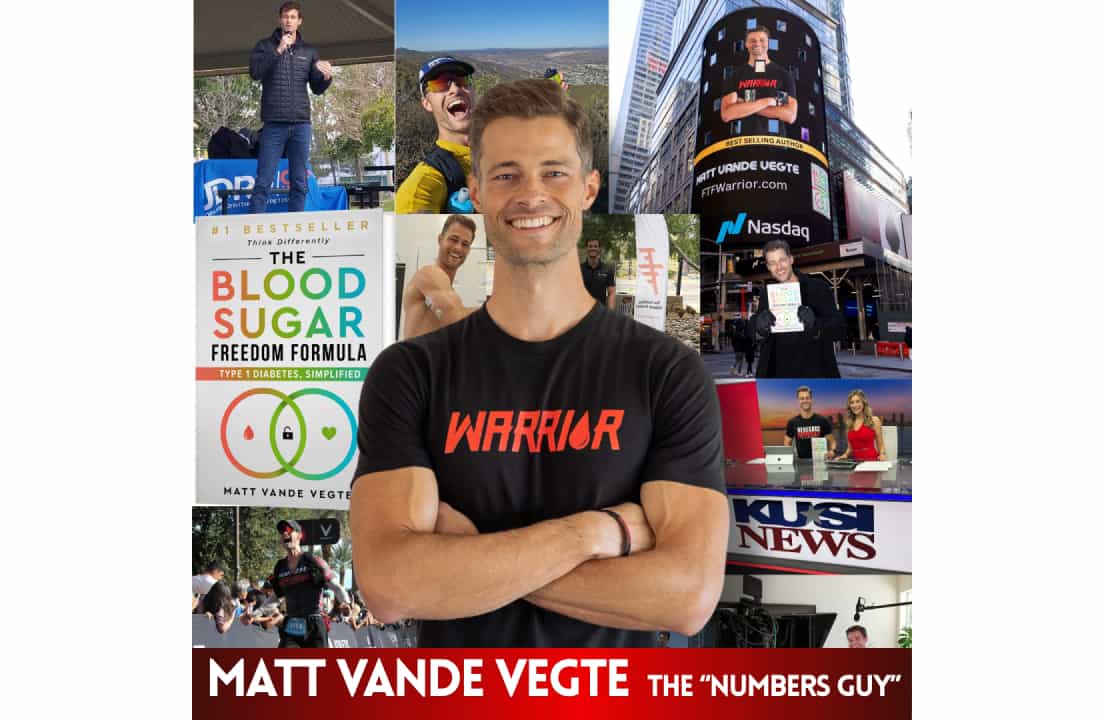
.jpg)


.jpg)


.jpg)
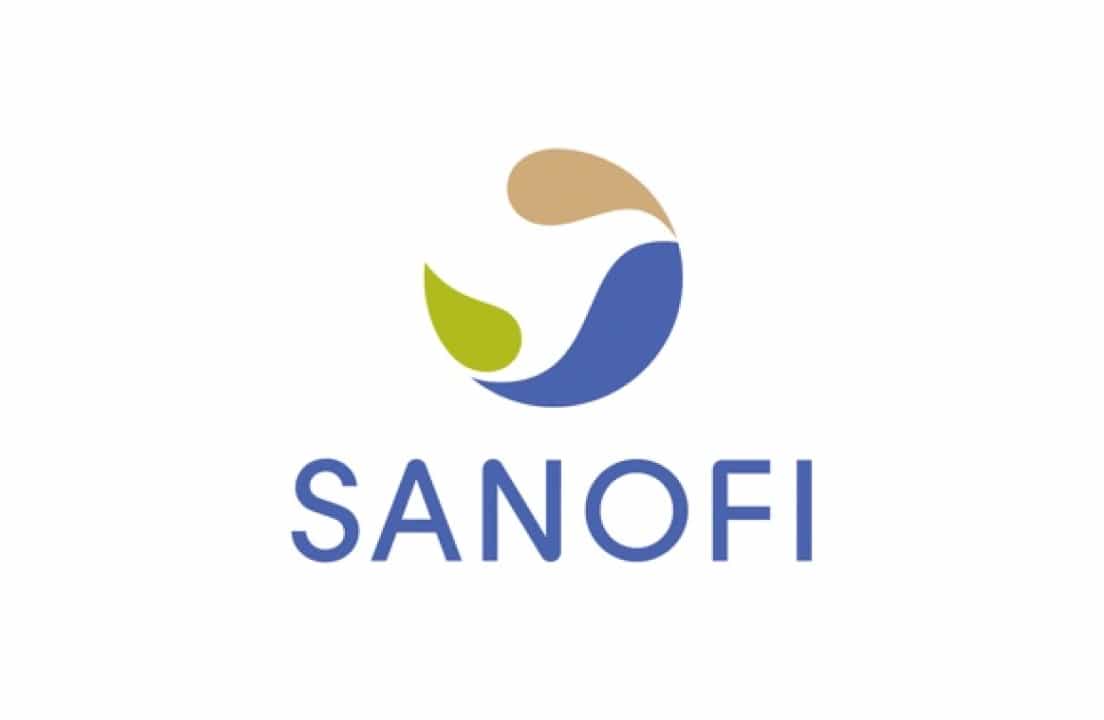
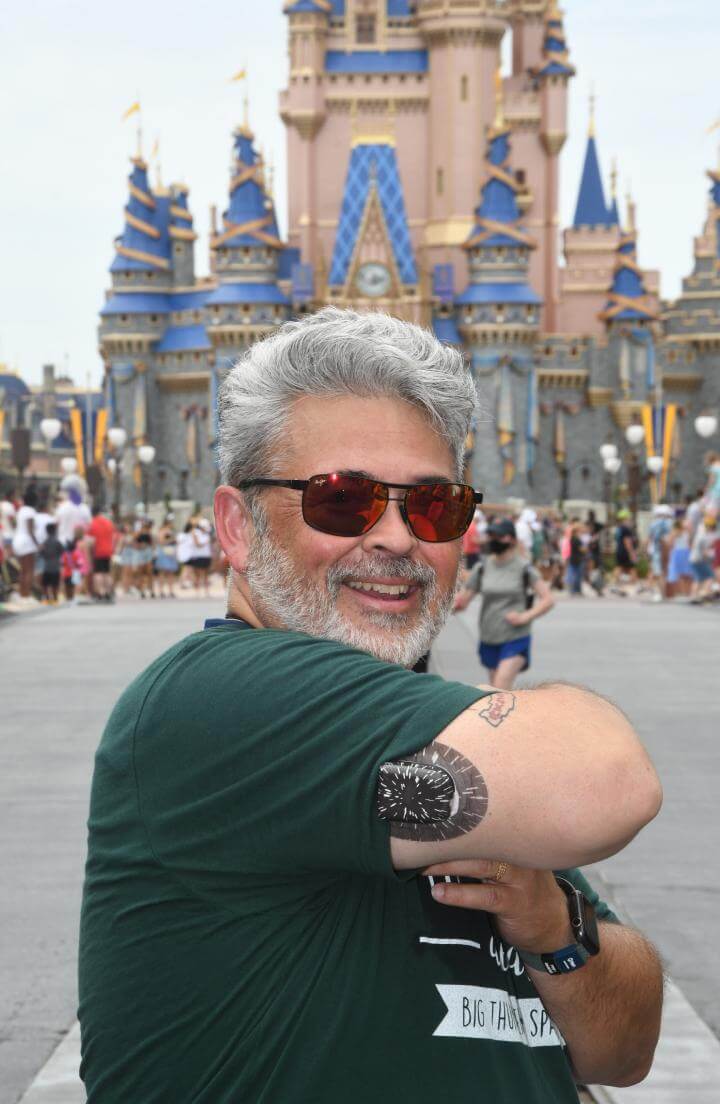


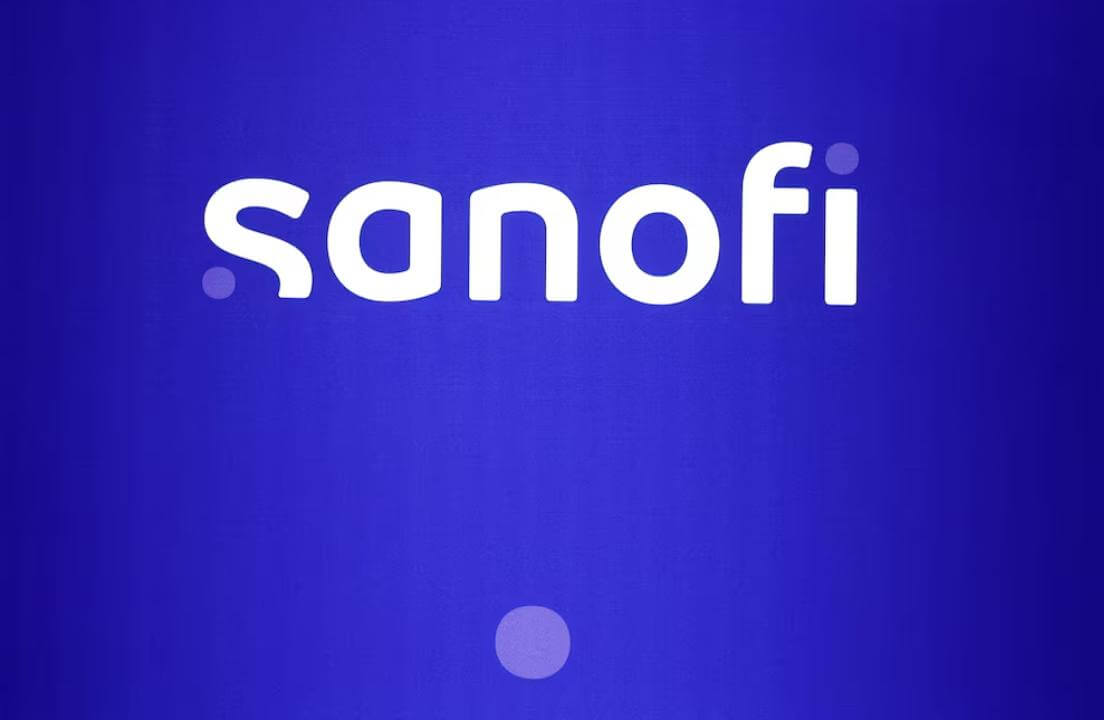
.jpg)
.jpg)
.jpg)
.jpg)
.jpg)

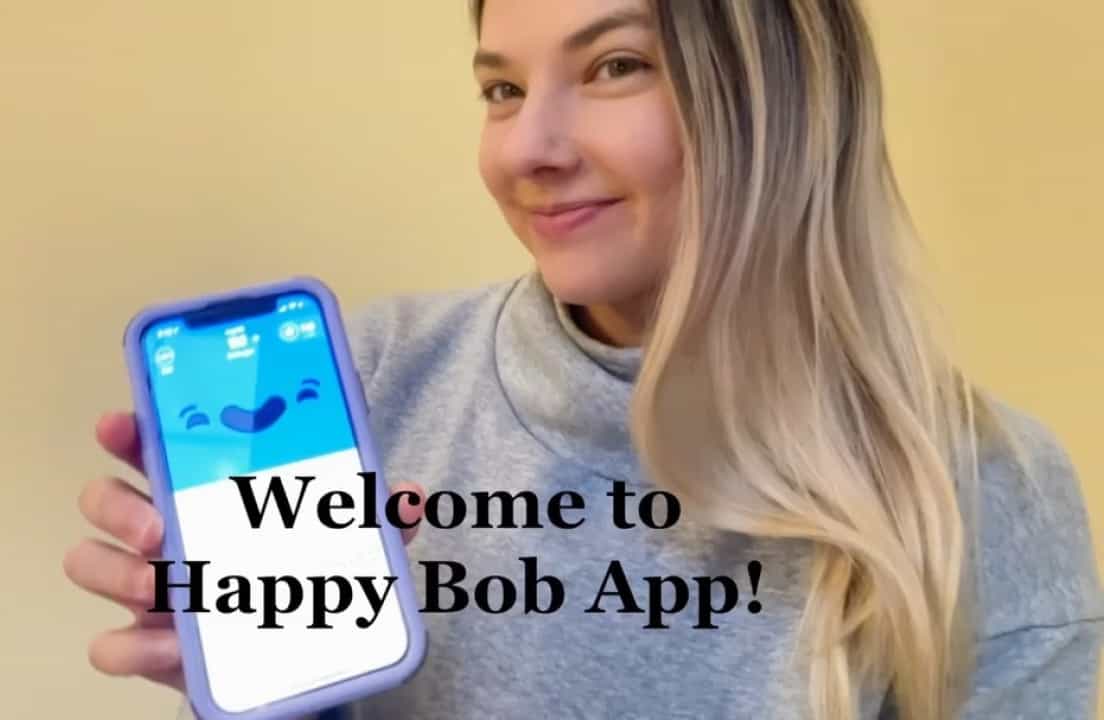
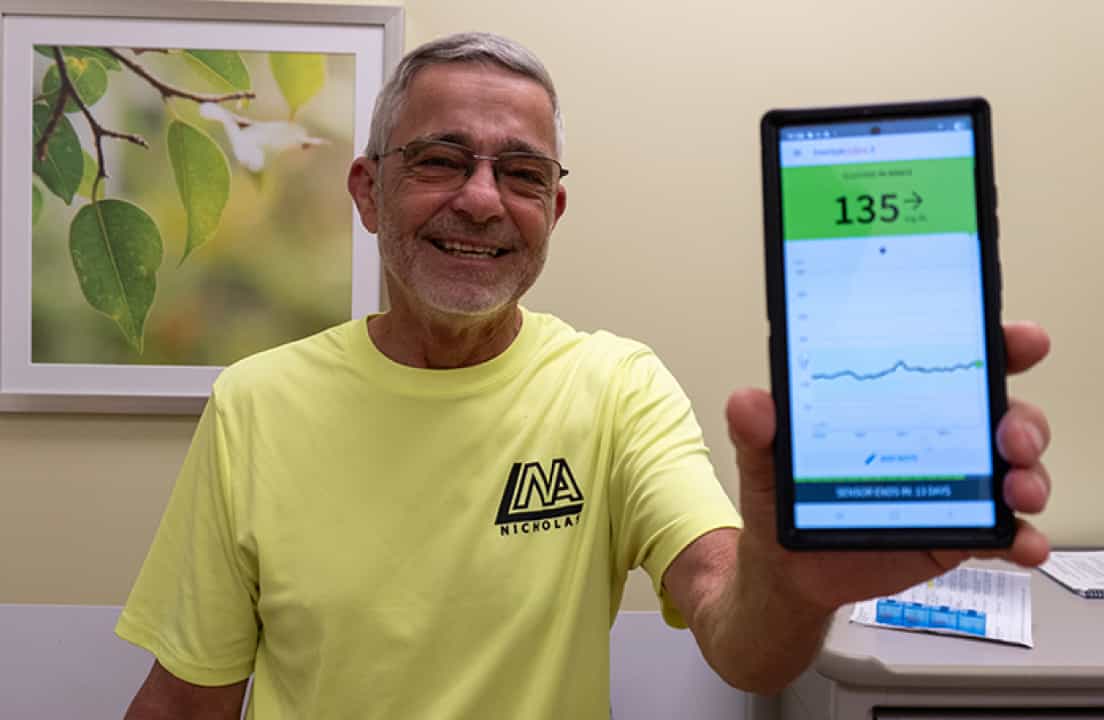

.jpg)
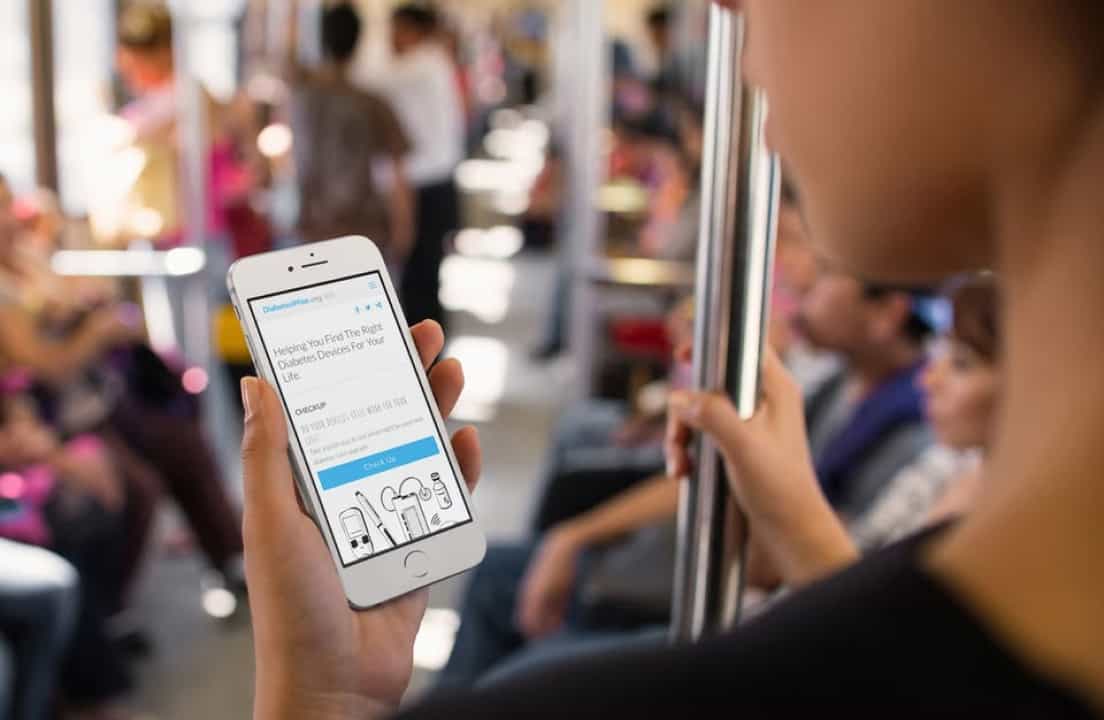
.jpg)
.jpg)
.jpg)
.jpg)
.jpg)



.jpg)

.jpg)
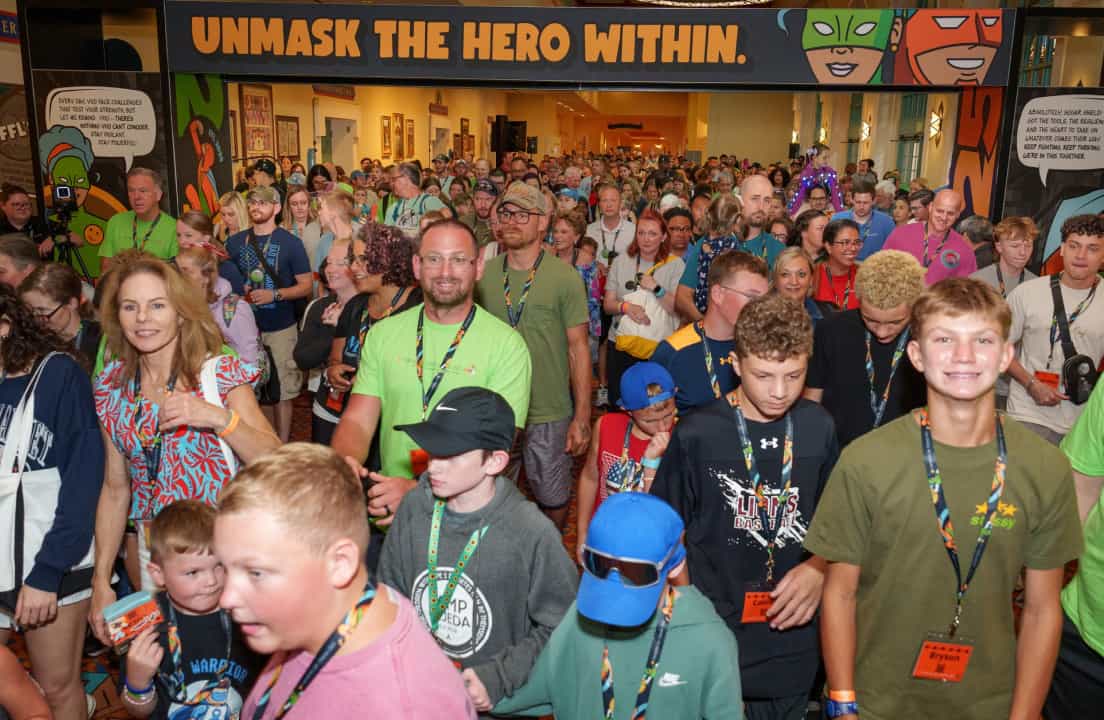
.jpg)
.jpg)
.jpg)
.jpg)
.jpg)
.jpg)
.jpg)

.jpg)
.jpg)
.jpg)
.jpg)
.jpg)
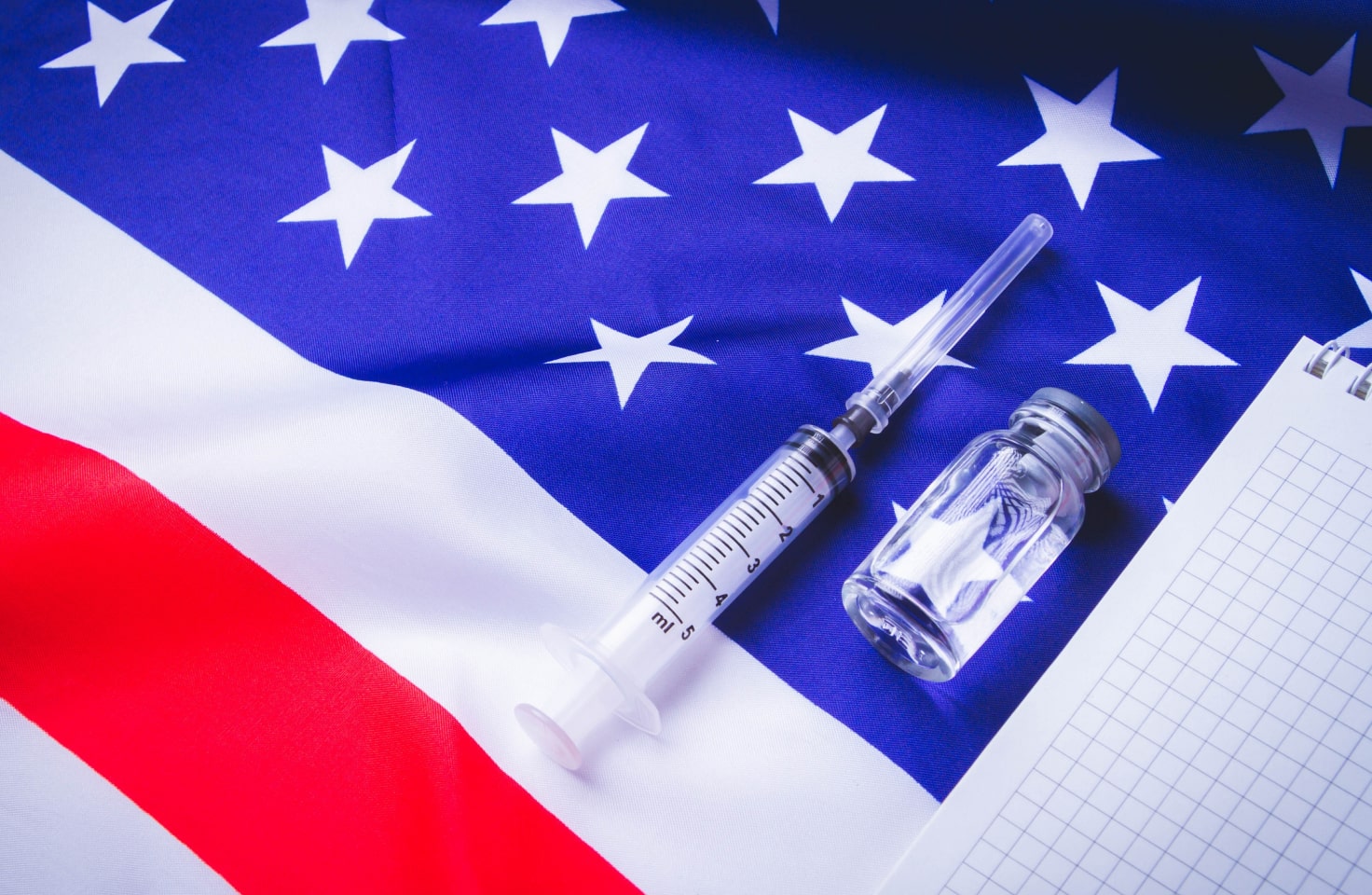
.jpg)
.jpg)
.jpg)


.jpg)

.jpg)
.jpg)
.jpg)
.jpg)
.jpg)

.jpg)
.jpg)



.jpg)

.jpg)
.jpg)







.webp)